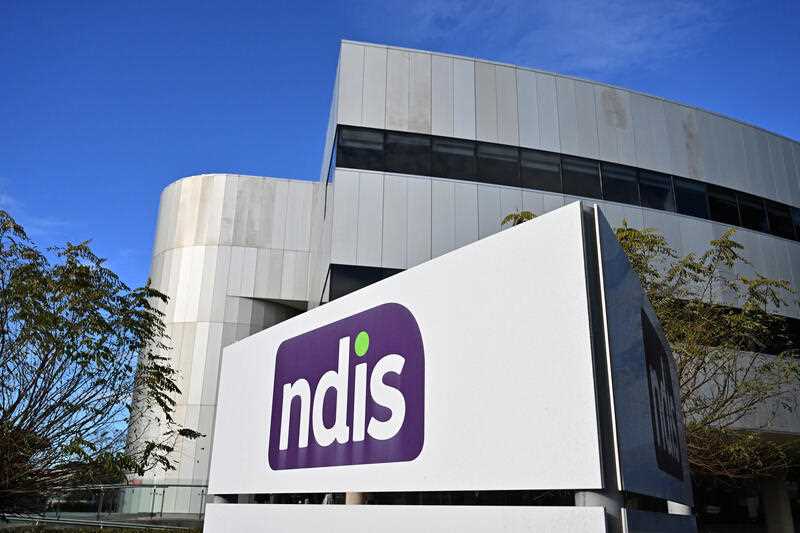Australians with disabilities have limited choice or control in services because the support ecosystem is too reliant on the government’s disability scheme, a landmark report says.
The National Disability Insurance Scheme supports about 631,000 Australians.
Though it was once world-leading, its effectiveness has come into question as its cost continues surging at an unsustainable 14 per cent each year.
To prevent the NDIS from eating into other parts of the federal budget, the government is aiming to contain its growth to eight per cent while improving support by implementing structural and other changes.
On Thursday the government released an independent review of the scheme by one of the NDIS architects, Professor Bruce Bonyhady, and former senior public servant Lisa Paul which made 26 recommendations and 139 supporting actions on how Australia can create a support ecosystem that centres people with disabilities.
The report found the government had come to rely on the NDIS as the dominant, and sometimes only, source of support for people living with disability.
“The oasis in the desert,” the report deigned it.
“This has resulted in an unbalanced disability support system that relies too heavily on the NDIS at the expense of an inclusive, accessible and thriving broader disability support ecosystem.”
It found the NDIS’s efforts to cater previously generic disability supports to diverse needs had made the scheme overly complex and confusing, and had ultimately failed to change the system.
Many scheme applicants were also forced to put forward the worst versions of themselves if they wanted to receive support.
“Now we have a system where the rhetoric of choice and control is not supported by the experience of people with disability,” the report read.
“For many, poor availability of services, complexity of navigating what is available and difficulty in moving between providers means, in practice, there is little to no choice and control.”
Though the review acknowledged there was no quick or easy solution to creating structural change, it made a series of recommendations.
Firstly, legislation is needed to improve the experience of participants and fulfil its original intent.
The government must also end the use of restrictive practices, and improve recruitment and retention initiatives for the disability workforce.
But one of the review’s most significant recommendations suggests implementing “foundational supports”.
These disability-specific supports, must be made available to all Australians with disability regardless of whether they are on the NDIS.
They will be aimed at the 2.5 million Australians with a disability who are under the age of 65 in an attempt to ensure the scheme is no longer the sole source of disability support.
The review also suggests developing a five-year implementation roadmap for its recommendations.
The panel received nearly 4000 submissions, recorded 2000 personal stories, listened to 1000 people with disability and families and has heard directly from more than 10,000 Australians.
NDIS Minister Bill Shorten thanked the review’s co-chairs and contributors for helping to drive change.
“This is a significant moment in Australian history, particularly for people with disability and their families and the disability sector,” he said.
“Our nation will reap the rewards of the review’s work.”
Prime Minister Anthony Albanese struck an initial deal with state and territory leaders at a national cabinet meeting on Wednesday to respond to the review.
The prime minister and premiers agreed to work on new laws which he said would “improve the experience of participants and restore the original intent of the scheme, to support people with permanent and significant disability, with a broader ecosystem of support”.
Further detail on the reforms will be outlined in a speech by Mr Shorten to the National Press Club on Thursday.
The government’s full response to the NDIS review will be released in 2024.
By Paul Osborne and Kat Wong in Canberra



